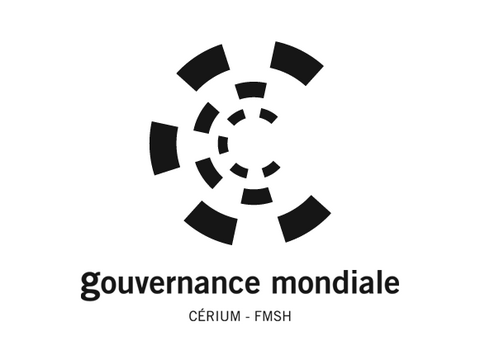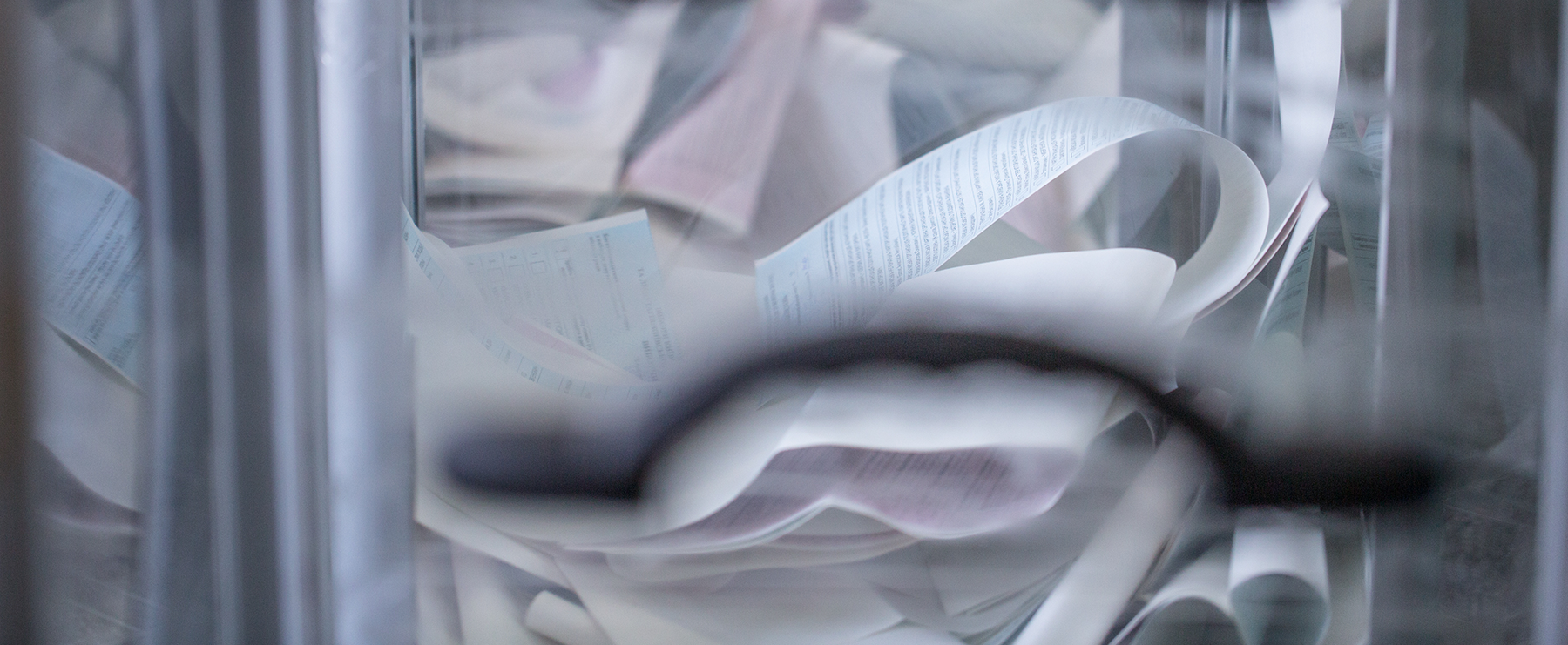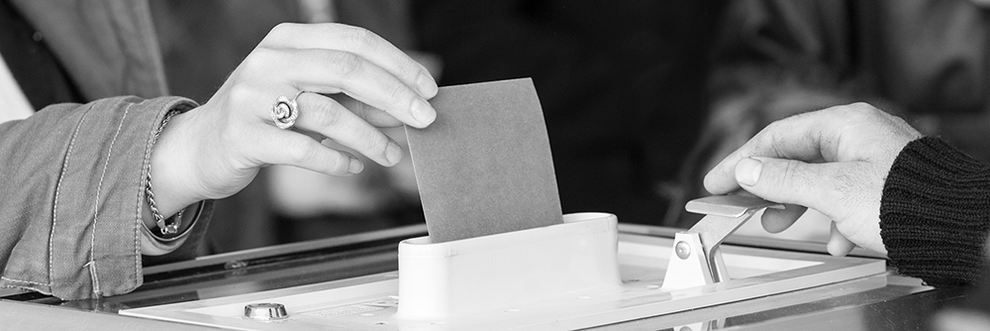Closed project
Electoral democracy in danger?
CÉRIUM-FMSH Chair on global governance


Activities

Democracy & Freedom
Disruption or Erosion? Patterns of Democratic Regression over Time
Article by Kevin Walz (University of Mainz)

Democracy & Freedom
Do social media polarize?
Article by Juliette Leblanc, SciencesPo Paris

Democracy & Freedom
Electoral Democracy in Danger?
Summer School “Electoral Democracy in Danger?”, article by Luana Russo

Democracy & Freedom
‘Modi’fied India
Affective polarisation and support for democratic norms in India
See all activities
Published at 7 February 2023

